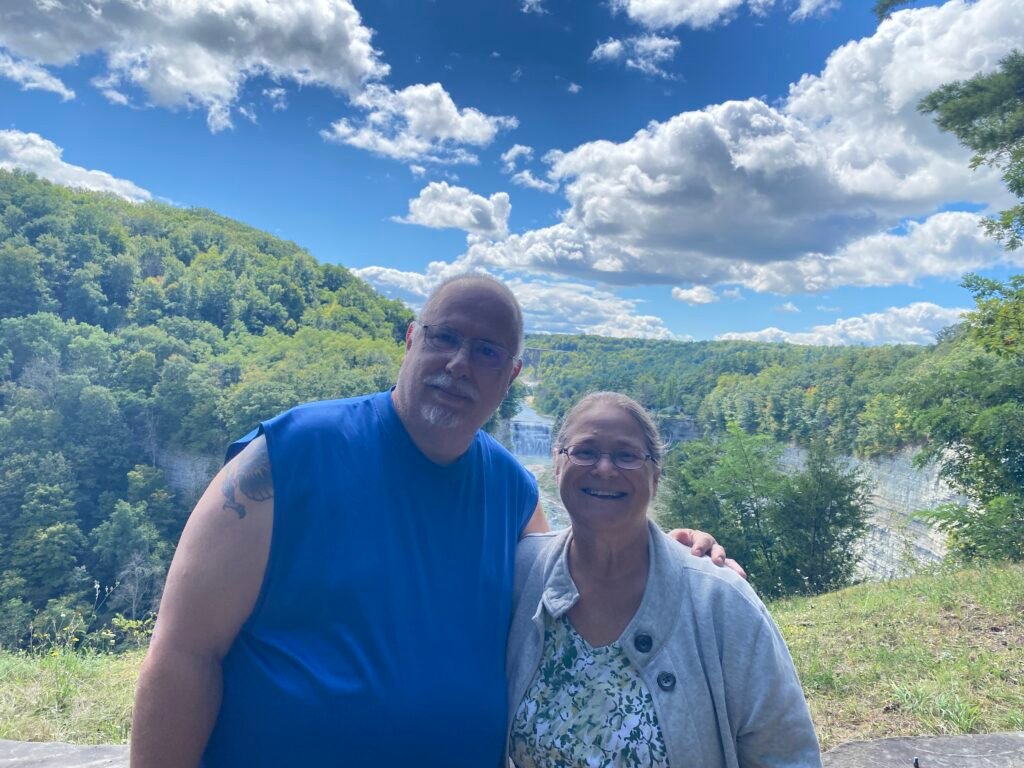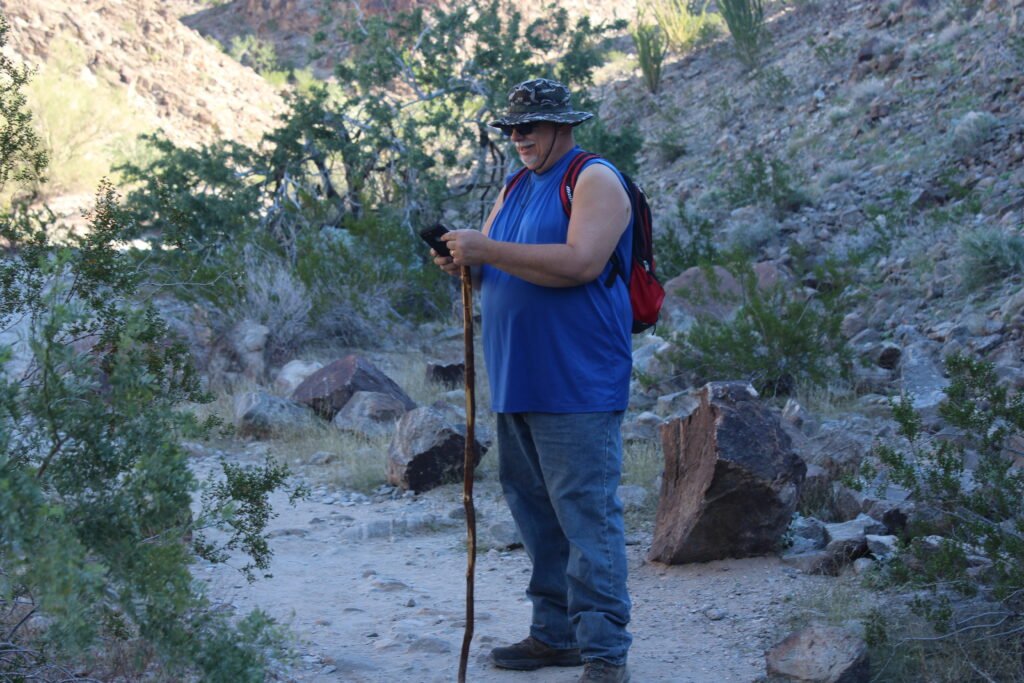
Understanding Day Hikes
Day hikes are outdoor excursions that typically involve walking along trails or through natural environments for a single day, allowing individuals to return home afterward. Unlike multi-day hikes, where one might camp overnight in the wilderness, day hikes are designed to provide a fulfilling experience within the limits of a single day. This makes them particularly appealing for seniors and those who may prefer shorter, more manageable adventures.
Consider The Duration of the Hike
When planning a day hike, it is essential to consider the duration of the trek. Most day hikes range from a few hours to around eight hours, catering to various fitness levels and preferences. Seniors should select trails that align with their physical capabilities, ensuring a safe and enjoyable experience. It is also advisable to take into account factors such as trail difficulty, elevation changes, and weather conditions when making a decision.
Preparation Is Crucial
Preparation and necessary gear play crucial roles in enhancing the day hiking experience. Key items may include comfortable footwear, appropriate clothing layers, hydration packs or water bottles, snacks, a first aid kit, and navigation tools. Notably, carrying a fully charged mobile device can be invaluable for emergencies or even for taking photographs to commemorate the experience. If you plan to be out all day there are also portable chargers you can take to keep your phone charged. They are lightweight and fit right into your backpack. The right gear enhances comfort and safety, thereby making the day hike more enjoyable.
Staying Active In Nature
One of the significant benefits of day hikes is the ability to immerse oneself in nature without the commitment of an extended trip. These excursions provide an excellent opportunity for seniors to relax and recharge while enjoying the beauty of their surroundings. The convenience of returning home after a day spent outdoors can make day hikes an appealing option, encouraging seniors to stay active and connected with nature.
Day Hikes vs. Multi-Day Hikes
When considering the best hiking options for seniors, it is crucial to weigh the differences between day hikes and multi-day hikes. Day hikes are typically shorter, lasting only a few hours to a full day, and do not require strenuous preparation or extensive gear. This makes them particularly appealing for seniors who wish to enjoy the great outdoors without the additional burden of overnight equipment. In contrast, multi-day hikes involve more rigorous planning, such as route selection, campsite reservations, and food procurement, which can be overwhelming for those who prefer a simpler approach to hiking.
Day Hike Are More Manageable
The physical demands of day hikes tend to be more manageable for seniors. Day hikes usually allow for a leisurely pace, with opportunities to take breaks (sometimes lots of breaks…lol) and enjoy the scenery. This flexibility reduces the risk of exhaustion and makes it easier for seniors to stay within their fitness limits. Multi-day hikes, however, often require individuals to cover long distances in succession, which can lead to fatigue, especially for less experienced hikers. Furthermore, multi-day treks also present the challenge of carrying heavier backpacks filled with camping gear and supplies, an undertaking that may be daunting for seniors.
Consider The Mental Demands
Another aspect worth considering is the mental demands of both hiking experiences. Day hikes offer instant gratification; they allow hikers to explore and return home the same day, ensuring a comfortable night’s sleep in their own beds. This can contribute positively to a senior’s overall sense of well-being. In contrast, the commitment of multi-day hikes may create pressure to fulfill set objectives each day, potentially detracting from the enjoyment of the hike itself. For seniors seeking a relaxed interaction with nature, day hiking proves to be a practical and rewarding choice.
8 Tips for Seniors on Day Hiking in Parks
Day hiking can be an enjoyable and fulfilling activity for seniors, offering both physical benefits and the chance to connect with nature. However, it is essential to take certain precautions to ensure a safe and comfortable experience. Here are eight tips tailored for senior hikers.
Know Your Fitness Level
First, choose trails that are appropriate for your fitness level. Parks often provide varying levels of difficulty, so opt for easier trails with gentle terrain. Look for loops or out-and-back routes that allow you to start and end at the same point, minimizing the risk of overexertion.
High Quality Footwear
Footwear plays a critical role in hiking comfort. Invest in high-quality, well-fitting hiking shoes or boots that provide proper support and cushioning. Additionally, consider moisture-wicking socks to prevent blisters and keep your feet dry.
Stay Hydrated
Staying hydrated is crucial when hiking, especially for seniors. Carry adequate water and take regular breaks to drink, even if you don’t feel particularly thirsty. Dehydration can set in quickly, affecting your energy levels and overall comfort. It wouldn’t be a bad idea to take a few snacks with you either.
Pace Yourself
Pacing yourself is vital for an enjoyable hike. Listen to your body and take breaks as needed. Walking at a steady, comfortable speed allows you to enjoy the scenery while ensuring you don’t overexert yourself.

Use Trekking Poles/Walking Stick
Using trekking poles can enhance stability and reduce strain on your joints. They act as an extra set of legs, particularly on uneven terrain, and can help maintain balance when descending inclines.
Keep An Eye On The Weather
Be mindful of weather conditions. It is advisable to plan hikes during cooler parts of the day, avoiding extreme temperatures that may lead to fatigue or heat-related issues. Early morning or late afternoon hikes are often ideal.
Hike With a Friend or Group
Finally, consider hiking with a companion or group for added security. Inform someone about your hiking plans and expected return time. This ensures you have support and enhances the overall experience.
Bug Spray
Bring bug spray. If your anything like me you’ll be a buffet for mosquitos and other biting bugs. I keep a can of bug spray in the backpack I always take so I will never forget it.
By following these guidelines, seniors can hike more comfortably and confidently, making the most of their time in nature.
The Health Benefits of Day Hiking for Seniors
Day hiking offers an array of health benefits that can significantly enhance the well-being of seniors. One primary advantage is the improvement of cardiovascular health. Engaging in regular hiking activities can elevate heart rate and promote better blood circulation. This low-impact exercise allows seniors to maintain a healthy heart while reducing the risk of cardiovascular diseases. The rhythmic nature of hiking not only aids in heart health but also encourages efficient lung function, allowing for improved oxygen intake during physical activity.
It May Enhance Mental Well Being
Additionally, day hiking has been shown to enhance mental well-being, an aspect that is particularly significant for seniors. Spending time in natural surroundings can reduce stress and anxiety levels, which are common issues faced as one ages. The peaceful environment of parks or trails allows individuals to escape the hustle and bustle of everyday life, fostering mindfulness and promoting relaxation. Studies have indicated that hiking can diminish symptoms of depression, making it a valuable activity for emotional health.
Good For Multiple Muscle Groups
In terms of physical strength and balance, hiking challenges various muscle groups, contributing to overall fitness. Climbing hills or navigating uneven terrain enhances leg strength and core stability. This form of exercise is particularly beneficial for maintaining balance, which is crucial in preventing falls—a prevalent concern for seniors. Furthermore, the added benefit of trekking poles can provide additional support and stability, further enhancing safety during hikes.
Final Thoughts
Hiking promotes social interaction, an essential component of senior health. Engaging in this activity with peers encourages companionship and foster relationships, reducing feelings of loneliness and isolation. Together, these aspects of day hiking contribute to a healthier, more active lifestyle, helping seniors enjoy their golden years with vitality and joy.
My wife and I only do day hikes and we love it. It gets us out of the house, into nature, and I get to take lots of pictures. We utilize any benches along the trails and always take our time. It also gives us a chance to do some Geocaching!!!
Did you enjoy this post? Do you want to know when the next post comes out? Consider subscribing. I only send update emails once a week, usually on Friday. Try it out. You can unsubscribe at any time.
